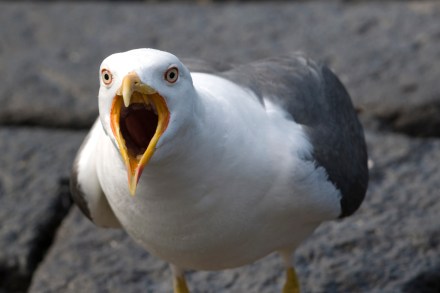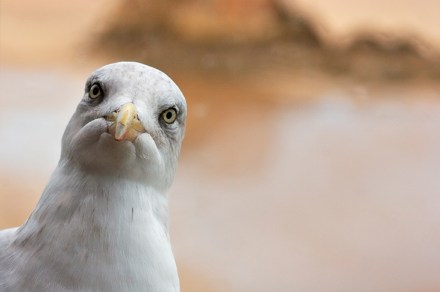The scourge of Britain’s seagulls
What’s happened to seagulls? They used to be rather charming. The plaintive cawing of gulls used to be the nostalgic soundtrack to any seaside holiday. In the banal, best-selling book Jonathan Livingston Seagull, the eponymous bird flies for the spiritual joy of it and learns great truth and wisdom. The one thing it doesn’t do is nick your chips. How times have changed. Today, if you go to a harbour town in Cornwall, say, and buy an edible treat, there’s an even chance you’ll see out of the corner of your eye a white flash and — whoosh! — the top half of your pasty has gone. ‘Bastard!’ you shout vainly




